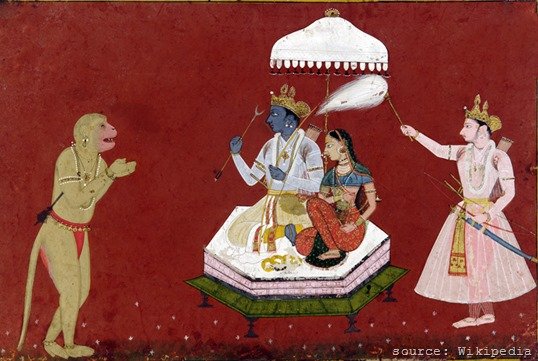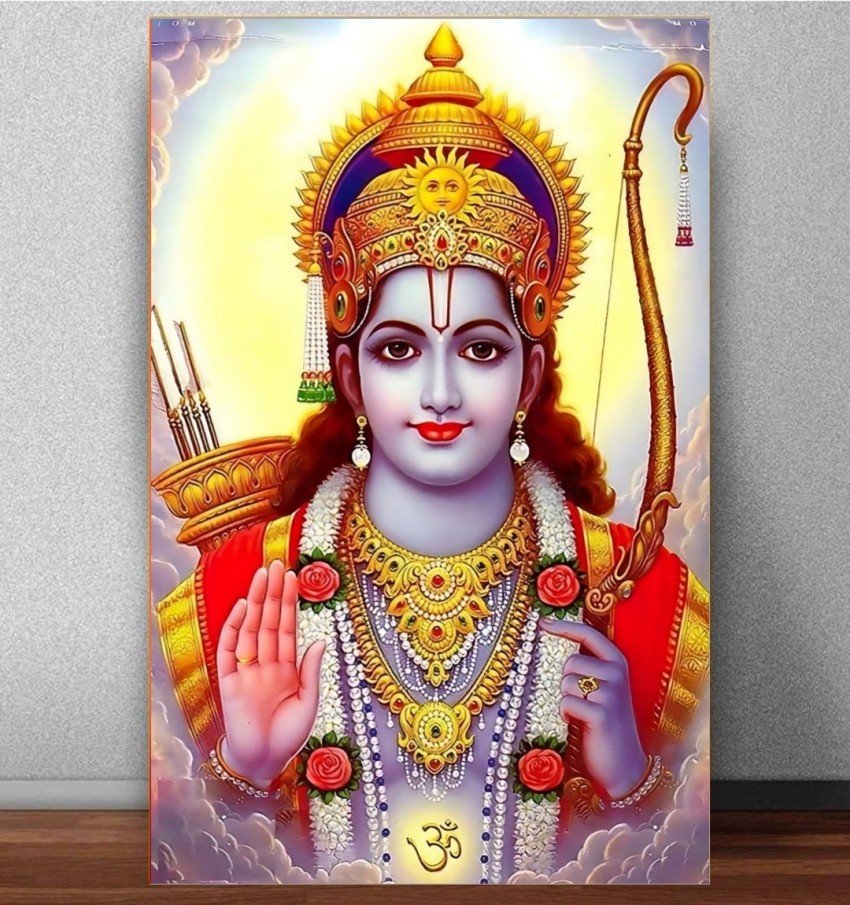Justice Katju: Akbar, Ashoka, and Lord Rama – India’s Unity Icons

The Real Forefather’s of India
A Real Father is one who takes care of all his children. He is like a banyan tree which gives shade and protection to all who come under it.

From that viewpoint, who are the real forefathers of the Indian Nation ?

1. The Father of the Indian Nation
The Father of the Indian Nation is the Great Mughal Emperor Akbar ( 1542-1605 ), who proclaimed the doctrine of suleh-e-kul i.e. giving equal respect to all communities, a policy which was inclusive, because of which the Mughal Empire lasted so long.
He built the Ibaadatkhana in his new capital Fatehpur Sikri, a building unique in the world, where scholars and saints of all religions discussed amicably about the good points in their religion

2. The Grandfather of the Indian Nation
The Great Emperor Ashoka ( who ruled from 268 to 232 BC ) is the Grandfather of the Indian Nation.

Emperor Ashoka conceived of the idea of a Welfare State, 2000 years before it was conceived of by Europeans ( see Major Rock Edicts 2, 6, and 7, and Pillar Edicts 1 and 6 ). He regarded all his subjects as his children, attending to their welfare being a king’s duty.
Major Rock Edict 12 ( also known as the Girnar Rock Edict ) of about 260 BC, declares Ashoka’s policy of religious tolerance
( Girnar is near Junagarh in Gujrat, and the Edict is inscribed on a rock, which I have seen ).
” Thus saith His Sacred and Gracious Majesty the King : The King honours all religious sects. His Sacred Majesty does not value gifts and honours as he values the growth of the essential elements of all religious sects. But the root of it is restraint of speech, that is, there should not be honour only of one’s own religion and condemnation of other religions. On the other hand, other religions should be honoured too.
By doing this, one helps his own religion to grow, and benefits the religion of others too. By doing otherwise, one harms his own religion and injures the other religions too. For whoever honours only his own religion and condemns others’ religions gravely injures his own religion.
Hence concord alone is commendable, and all should listen, and be willing to listen, to the beliefs professed by others. This is the desire of his Sacred Majesty. “
3. The Great Grandfather of the Indian Nation
The Great Grandfather of the Indian Nation is Lord Rama, who regarded all his people, not just a section of them, as his children.

If he had been India’s King today, Rama would have given severe punishment to those who committed atrocities on minorities in India.
India is a country of tremendous diversity. Hence the correct policy for running it is as shown by the above great figures, i.e. giving equal respect to all communities. Promoting religious polarisation and communal hatred may benefit some people in the short run ( by getting them votes ), but in the long run it will do great harm to our nation.
As Bheeshma Pitamah told Yudhishthir :
भेदे गणाः विनश्यन्ति भिन्नास्तु सजाया: पराः
तस्मात् संघातयेंन प्रयतरेण गणाः सदा
i.e.
“ Republics are destroyed only because of internal strife among the people
Therefore the authorities in a republic should always strive to maintain good relations among the people “
( Bheeshma Pitamah’s upadesh to Yudhishthir in the Shantiparva of Mahabharat, chapter 107/108, shloka 14 ).




